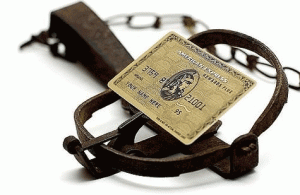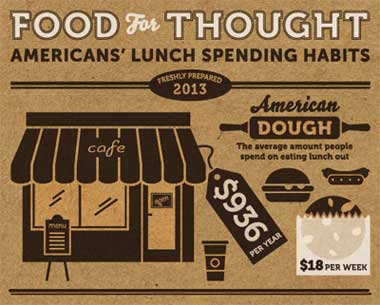A vacation is something that most people enjoy, but few are able to afford consistently. However, a fun vacation doesn’t have to break the bank. Whether you want to take vacation to the beach or to an exotic location you will need to plan ahead. By discovering your hidden thrifty streak and checking out these ten travel tips, you can make a vacation affordable for you.
Prioritize
Before you start thinking of where you’d like to go, consider what you want to do on your trip. If you’re after a five-star vacation, you’re likely going to need to save for it. However, if you just want to try new cuisine, see something historic or simply relax, it’s possible to do it for less. Try shopping at ethnic markets for new foods and cultures, or hitting the beach to relax.
Decide on a Travel Budget
It’s unwise to travel without a budget. Take into account your current financial situation and see how your vacation fits into it. However, you should allow for a margin of error. Few things ruin a vacation faster than realizing you’re out of money because you forgot to plan for something. Once your budget is set, don’t stray from it. These days, many websites are available that allow you to find options within your specific price range.
Take Advantage of Slow Periods
Depending on your schedule and preferences, you can shave hundreds off your costs by taking advantage of off-season trips. Prices tend to be considerably higher during peak travel seasons, like summer and holidays. Plus, you also won’t have to deal with crowds, long lines and other things that make traveling stressful.
Find Cheaper Accommodations
Even the cheapest hotels can cost a small fortune, so consider possible alternatives. Staying at hostels, rental properties, the home of a friend or family member and even camping are several alternatives that will cost you little or no money. Some travel tips even suggest couch-surfing.
Make it Short
A vacation doesn’t have to last for weeks. If you take a shorter trip, you could save a lot of money. Why not visit an area in your state, like a camping trip to a national forest or a weekend at the beach? Another benefit of this is that some services offer you a discount if you’re a state resident, making your trip even cheaper.
Wait Until the Last Minute
If you’re flexible, try finding some last-minute deals on fare and accommodations. If there are any slots left over by a certain point, companies want them filled, even at a discount. However, last-minute fares can change without warning, so book quickly.
Be Sale Savvy
Watch for sales on fare or hotels. This is especially helpful if you’re planning well in advance. You can sign up for alerts on a number of websites to let you know when a good deal has become available. Even if you book several months ahead, the price will still be good on the day of departure.
Group Vacations
If you have friends and family who also need a vacation, consider making it a group affair. Many airlines and hotels offer steep discounts for groups, which means you might pay a fraction of the cost of going solo.
Enlist the Crowd
Sometimes, a vacation can get staggeringly expensive. However, the Internet has revolutionized even this. Crowdfunding, enlisting others online to donate money for a cause, is one way to finance your trip.
Doing Volunteer Work During Vacations
If you like helping out and you need a getaway, why not try volunteering for a vacation? You still have to pay your way there and back, but many organizations will provide all other accommodations for people working for the greater good. Check with your local Habitat for Humanity, church groups and other charities to learn more.












